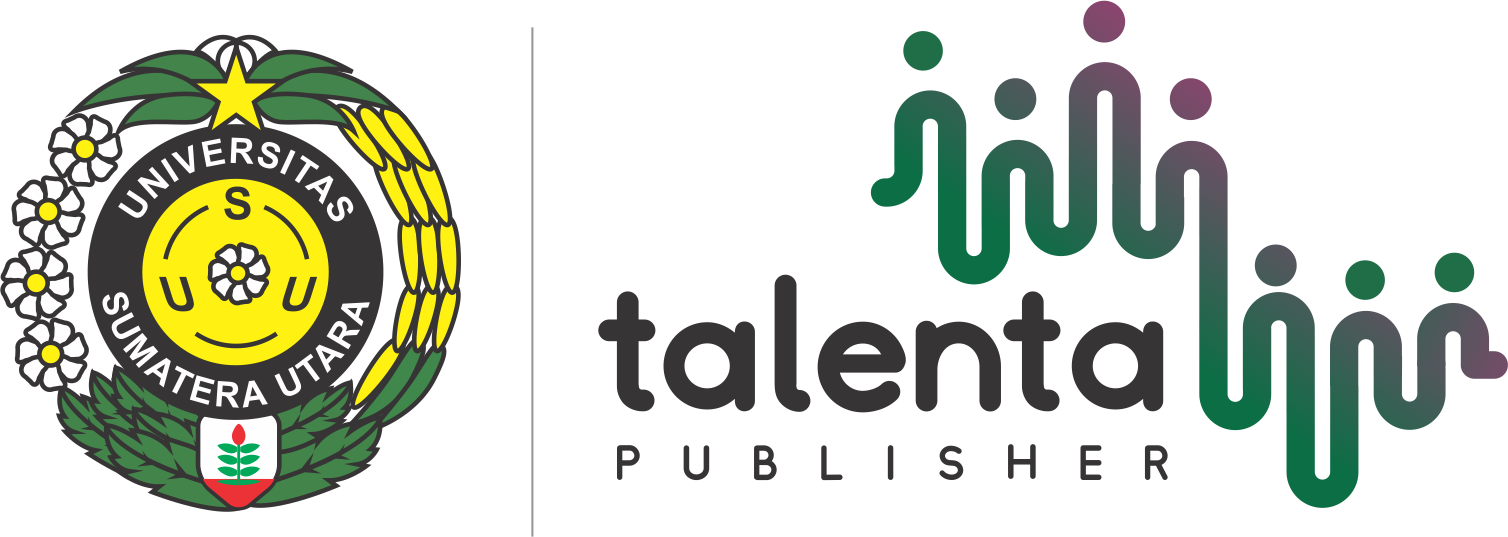The Critical Role of Nutrition in Tissue Healing
페이지 정보

본문
Proper nutrition plays a crucial role in how quickly and effectively your body’s ability to heal damaged tissues. Whether you’ve experienced a laceration, a ligament injury, a post-op incision, or a bone break, your body requires the right building blocks to restore structural integrity. Without proper dietary support, healing can be slowed, and complications such as infection may arise.
Protein is one of the fundamental nutrients for tissue repair. It provides the amino acids needed to synthesize connective tissue in epidermis, muscle, and other fibrous structures. Excellent sources include chicken, turkey, fish, whole eggs, egg whites, milk, yogurt, cheese, black beans, chickpeas, red lentils, green lentils, and almonds, walnuts, cashews. If your diet lacks sufficient protein, your body may exhibit delayed wound closure and close wounds inefficiently.
L-ascorbic acid is another critical nutrient. It facilitates your body’s ability to produce connective tissue, which is the main framework molecule in dermis and connective tissues. High-content foods include citrus fruits, red berries, bell peppers, cruciferous vegetables, and leafy greens. A shortage in this vitamin can lead to fragile wound edges and delayed tissue maturation.
Zinc micronutrient supports mitotic activity and immune function, both of which are indispensable during healing. It is richly supplied by oysters, crab, beef, pork, seeds, nuts, and whole grains. Zinc also helps regulate inflammation, which is a normal part of the healing process but must be maintained within optimal range.
Beta-carotene derivatives contributes to skin regeneration and helps suppress the cytokine cascade. It is present in orange root vegetables, carrots, kale, and dairy products. This vitamin is particularly critical in the initial phase of healing when the body is removing debris and preparing for new growth.
Essential omega-3s, found in fatty fish, flaxseeds, and walnuts, help prevent inflammatory overload. While physiological swelling is beneficial, uncontrolled inflammation can impede regeneration. Omega-3s support optimal immune modulation.
Sufficient water consumption is often neglected but is fundamentally essential. Water helps transport nutrients to cells and removes waste products from the healing site (www.new.jesusaction.org). Insufficient hydration can slow down metabolic processes and compromise wound closure speed.
In conclusion, getting enough energy is non-negotiable. Your body needs metabolic power to fuel the healing process. If you’re not meeting your energy needs, your body may break down muscle tissue for energy instead of using it to regenerate tissue.
In summary, healing is not just about immobilization and waiting. It is also directly influenced by what you eat. Eating a nutrient-dense meal plan rich in amino acids, vitamins, minerals, and essential fatty acids supports accelerated healing and enhanced resilience and reduces the risk of complications. Always seek advice from a healthcare provider or clinical nutrition expert if you have unique recovery requirements, especially after surgery or serious injury.

- 이전글비아그라 작용 비아그라원액 25.10.07
- 다음글카지노분양 [파워소프트] 카지노사이트제작,솔루션분양,사이트제작,사이트분양 25.10.07
댓글목록
등록된 댓글이 없습니다.

